Publications
Articles, publications, books, tools and multimedia features from the U.S. Institute of Peace provide the latest news, analysis, research findings, practitioner guides and reports, all related to the conflict zones and issues that are at the center of the Institute’s work to prevent and reduce violent conflict.
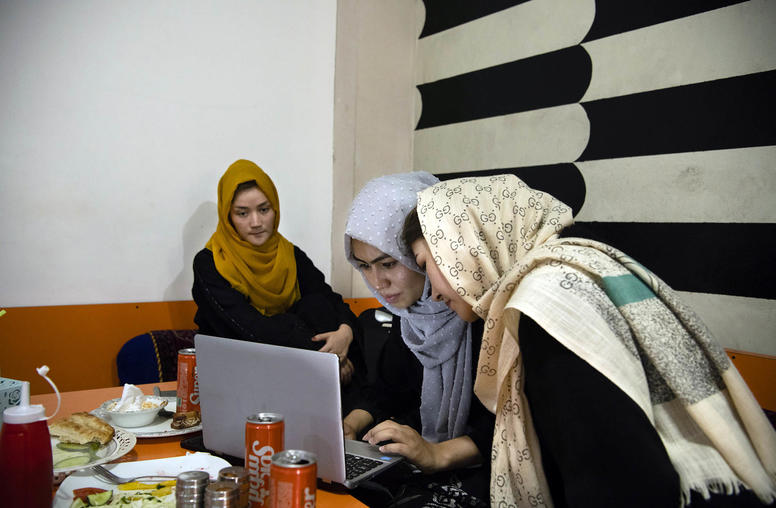
Taliban Escalate New Abuses Against Afghan Women, Girls
Afghanistan’s Taliban are escalating restrictions against women, sending armed men into girls’ classrooms and forcing staff to inspect girls’ bodies for signs of puberty to disqualify them from further schooling. Afghan women report Taliban enforcers beating women whom they find wearing Western-style pants beneath their regime-mandated outer robes. The Taliban are intensifying these assaults in response to women’s rights campaigns in Afghanistan and Iran, and amid their own struggle to consolidate power. The Taliban’s intensifying violations against women risk mass atrocities and may presage greater violent extremism and threats to international security. Policymakers must respond.
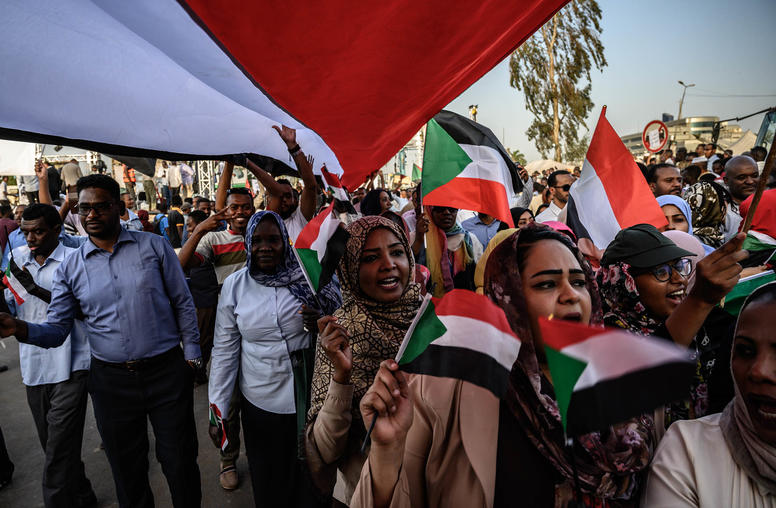
Women Help Nonviolent Campaigns Succeed, But Nonviolent Discipline Remains Crucial
In recent weeks, the world has watched in awe as Iranian women rise in peaceful protest against their country’s violent and patriarchal theocracy. Their courage is at once extraordinary and familiar, paralleling other inspiring episodes of women-led nonviolent activism. Indeed, women have played central roles in many of the world’s most impressive nonviolent campaigns.
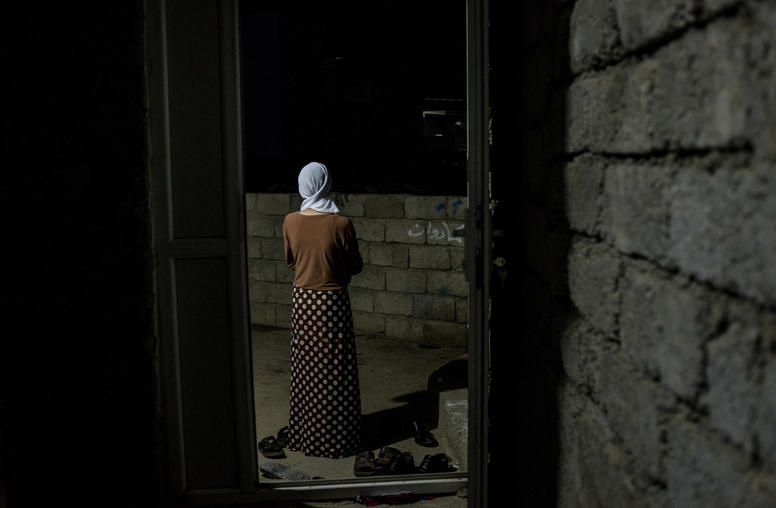
Five Gains and Gaps in the Campaign to End Conflict-Related Sexual Violence
The wars of the 1990s — particularly in the former Yugoslavia, Rwanda, Sierra Leone and the Democratic Republic of the Congo (DRC) — saw the devastating use of sexual violence not only by individual subordinate soldiers, but as deliberate tactics of war by state and non-state armed actors. In response, a wave of strong advocacy from women’s civil society organizations called for an end to these acts of violence, and their vision was eventually incorporated into U.N. Security Council Resolution (UNSCR) 1325 and what is now known as the Women, Peace and Security (WPS) agenda in 2000.
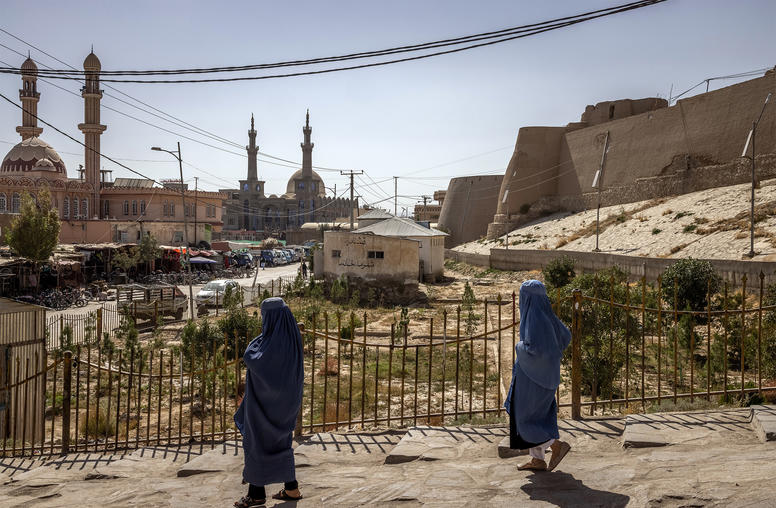
How the Taliban Enables Violence Against Women
In just 28 months, the Taliban have dismantled Afghan women’s and girls’ rights — imposing draconian restrictions regarding their education, employment and freedom of movement. Any perceived violation of these oppressive policies is often met with harassment, intimidation, and verbal and physical abuse orchestrated by the Taliban’s Ministry of Vice and Virtue. And when women are detained by authorities, they have been subjected to cruel treatment, including torture.
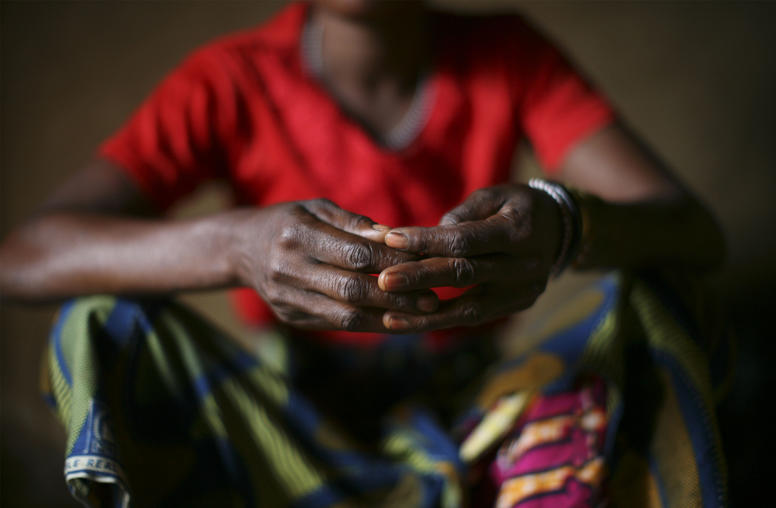
Sexual Violence Is Not an Inevitable Cost of War
The ever-growing list of conflict zones in which sexual violence has been reported globally this year, including in Israel, Ethiopia, Sudan, Ukraine, the Democratic Republic of Congo and Haiti, underscores the persistent horror of this scourge. Acts of conflict-related sexual violence (CRSV) violate not only the physical and mental integrity of the victims but also breach international humanitarian law and human rights principles.
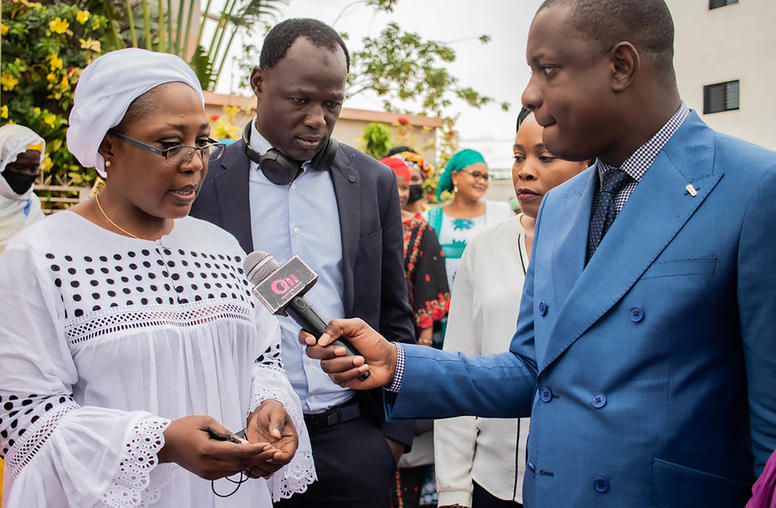
In Mali, Civil Society Takes on New Role in the Democratic Transition
In the decade leading up to Mali’s two military coups in 2020 and 2021, persistent governance grievances had left civilians without reliable public services while the military struggled to contain violent extremist groups. Hopes for a quick return to civilian rule post-coup have faded, as the country now nears three years under the rule of military leaders. While the transitional government has laid out a roadmap toward 2024 elections, there are growing concerns about the infrastructure capacity to carry out elections within that timeframe.

Au Mali, la société civile joue un nouveau rôle dans la transition démocratique
Au cours de la décennie qui a précédé les deux coups d'État militaires de 2020 et 2021 au Mali, les griefs persistants en matière de gouvernance ont priver les civils de services publics fiables, pendant que l'armée s’efforçait de contenir les groupes extrémistes violents. L'espoir d'un retour rapide à un régime civil après le coup d'État s'est estompé au fur et à mesure que le pays approche sa troisième année sous un régime militaire. En dépit des efforts du gouvernement de transition pour établir une feuille de route pour les élections de 2024, des préoccupations s’agrandissent par rapport à la capacité de l'infrastructure nécessaire pour mener à bien le processus et s'aligner sur le calendrier prévu.
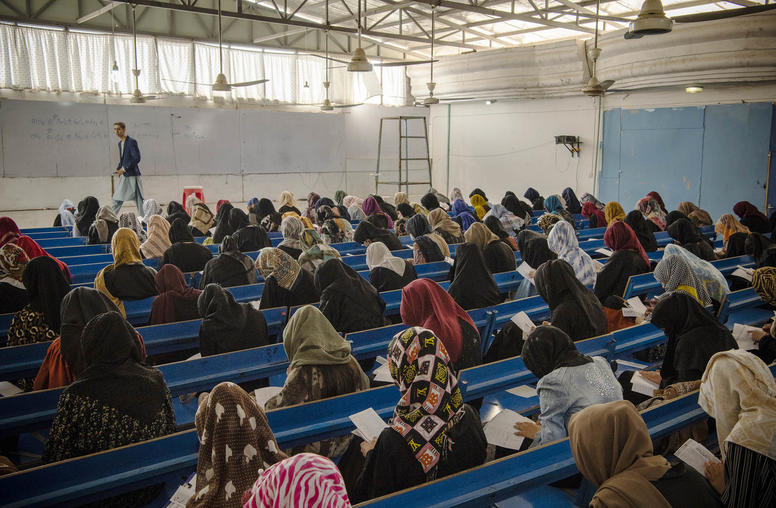
Taking a Terrible Toll: The Taliban’s Education Ban
Last month, a year after the Taliban banned Afghan girls from receiving secondary education, another school year began in Afghanistan — the only country in the world where girls are prohibited from going to school beyond the primary level. Since the Taliban’s August 2021 takeover, the group has sought to marginalize women and girls and erase them from virtually every aspect of public life. After a March 2022 ban on high school education, the Taliban also barred women from attending university at the end of last year. In a series of interviews with USIP, Afghan mothers, female students, schoolteachers, and university lecturers spoke of the terrible toll the Taliban’s actions have taken on their mental health.
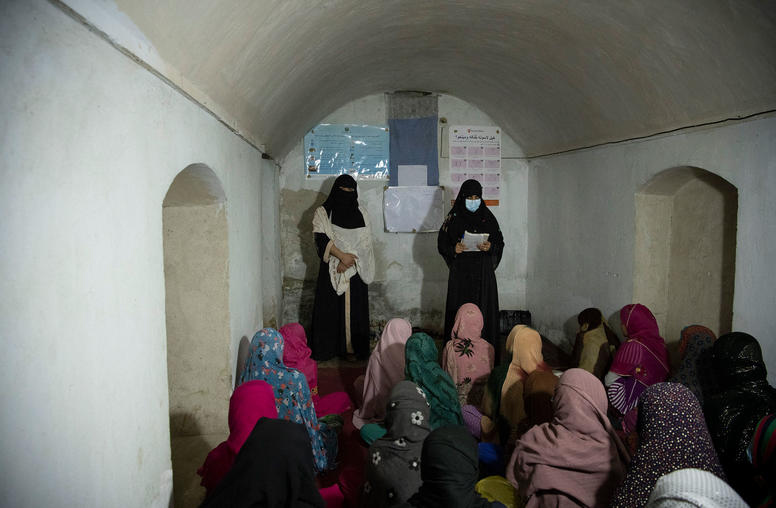
U.N. Conference Highlights Global Unity but Limited Leverage Over the Taliban
Over a year and a half since the Taliban’s takeover of Afghanistan, not a single country has recognized its government. Yet, it has resulted in no change in Taliban behavior. The worst predictions of what Taliban rule could be like have come true, as the regime has implemented unprecedented restrictions on women amid a brutal humanitarian crisis. The situation is so bad that U.N. Secretary-General António Guterres convened a special conference in Doha, Qatar this week — with no Taliban representation — to discuss Afghanistan’s international isolation. While there were no tangible outcomes — evidence of how limited the international community’s leverage really is — it did demonstrate remarkable consensus on the imperative to help the Afghan people.
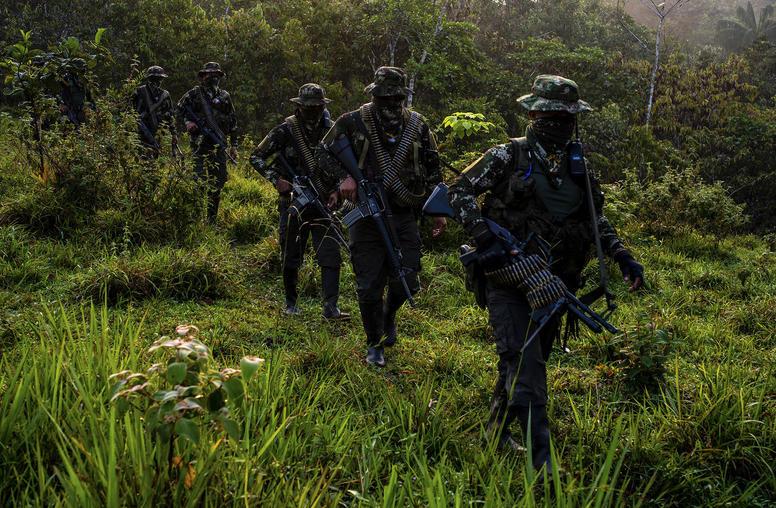
Colombian Civic Leader Offers a Grassroots Strategy for Peace
Nine months into new efforts by Colombia’s administration to achieve “total peace” with remaining armed groups following decades of civil war, that process should make room for the nation’s thousands of grassroots and community organizations to strengthen peace locally when the fighting stops, says a prominent civic leader from one of the country’s most violent regions. Stabilizing Colombia, where migration toward the United States and other countries soared last year, will require steady support from U.S. and international partners, said Maria Eugenia Mosquera Riascos, who helps lead a Colombian network of 140 civic and community organizations working to end violence.